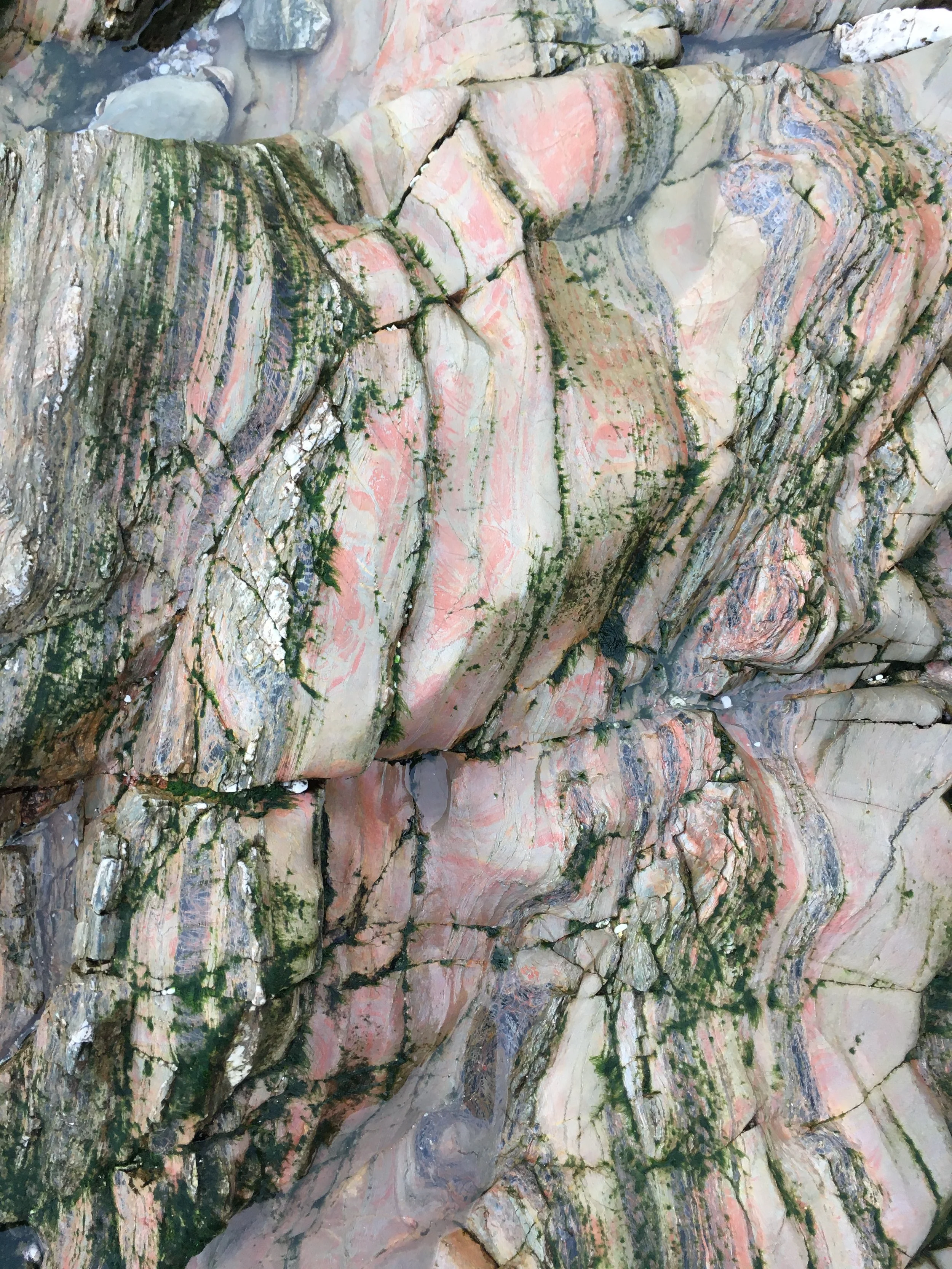The Project
This Education Incubator project explores the intersection between creative practice in teaching and student-led learning as a key methodology in developing the first UK BA in Environmental Humanities, which launched in September 2023 at the Cornwall Campus. The results so far have been, in their own small yet encouraging way, a challenge to the individualism and instrumentalism the current system fosters among students who are understandably focused on outcomes and achievements than necessarily learning as an open-ended and social process. As consumers, students are encouraged to focus on themselves rather than on working collaboratively and creatively in engaging with problems and challenges that may require the discomfort of moving beyond their home discipline. This project then is an experiment into alternative, interdisciplinary pedagogies that foster, openness and solidarity between students and staff, and acceptance that some things but not everything will go well or according to plan, and that’s okay. Our aim is to develop space in our teaching programme for thinking and acting imaginatively in ways of learning together as students, practitioners and lecturers, whilst also remembering to have fun along the way.
Archiving the Anthropocene
Our working title ‘Archiving the Anthropocene’ roots the project in two interrelated strands to which academics writing in the field of environmental humanities have given serious thought. One brings scrutiny to ongoing imperial and colonial practices of collecting, taxonomising, cataloging, and archiving. We do this by exploring the power of anti-colonial work in rethinking the why, how and for what purpose archive and museum collections are created. The other focuses attention on nonhuman others and encourages practices of noticing and being attentive to the generative interactions between human/nonhuman lifeworlds around us, in everyday places and landscapes. Our archive makes visible, some of the complex and interacting impacts of Western modernity on the environment locally and globally. We make our archive to hand on to the next generation of students, for them to continue the work of noticing and attending to nonhuman others.
Project Aims
Our starting point is our experience of designing and creating content for the Environmental Humanities degree programme. We have shared interests in the potential of creating learning opportunities that take students beyond conventional boundaries of classroom and discipline. The aim is to encourage students to think through and develop their own programme of learning by co-designing a module including learning outcomes, teaching sessions and assignments. To get everyone thinking about how we might deliver this, we set off for a walk where ideas could grow and we could focus on informal conversation about how to make collaboration work, what are our expectations, and how to ensure an accessible, inclusive and collegial environment for learning. Creative, sociable and adventure in the outdoors. This was indeed an adventure in all senses of the word. The student volunteers were from the humanities (SH History and CH History and Politics), and more typically accustomed to classroom- based learning. Working together they discovered the challenges of thinking through the requirements for designing a module. We all learnt how student-led, problem-based learning can be very inspiring and challenging. We planned an experiment in creative and collaborative student-led learning that would take us outside the seminar and lecture room and into :
The Walled Garden (Cornwall Campus)
The Strandline, Gyllygvase Beach, Falmouth Deep Time in Porthallow
Toxic Wilderness at Wheal Maid, St Day
Thinking with Wool
